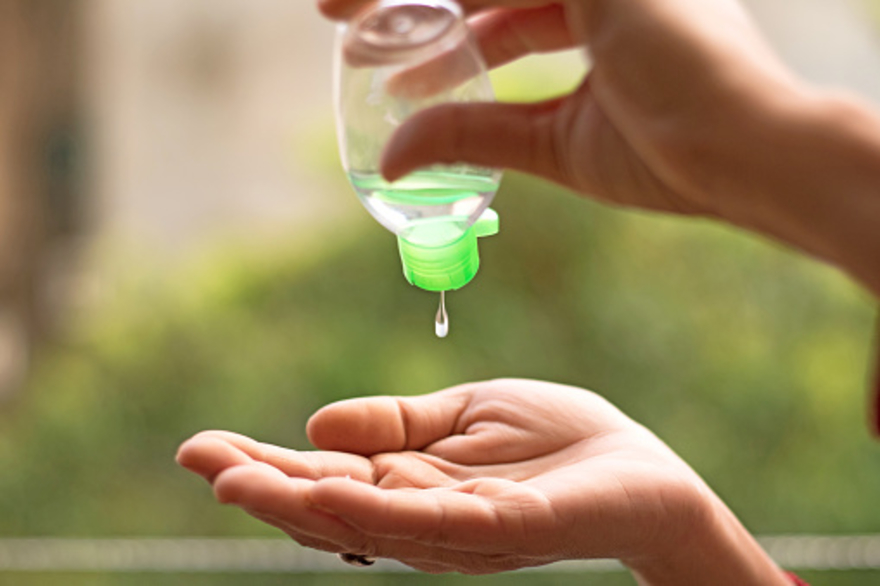As per an order by the Central Government, hand sanitisers will be classified under Schedule-K of the Drugs and Cosmetic Rule 1945. This will permit the sale of this product without a sale license. However, manufacturers will need to obtain manufacturing licenses.
It is learnt that the government’s move came after receiving several representations from the industry and looking at the need to ensure the availability of hand sanitisers in the country to fight the COVID-19 pandemic. The government is planning to include the word ‘hand sanitiser’ in the column heading ‘Class of Drugs’ at entry number 12 of the Schedule-K of the Drugs and Cosmetic Rules 1945.
This move has elicited mixed views.
Harish Jain, Secretary, Karnataka Drugs and Pharmaceutical Manufacturers Association opined, “Hand sanitisers are classified as drugs by virtue of Sec 3(b)(ii) of Drugs and Cosmetics Act. They are used for prevention of disease and is an important component in the fight against the COVID-19 pandemic. Many state governments have appealed to the industry to make hand sanitisers available in every distribution channel, including grocery stores. Considering the above and as well the fact that these are for external use only and made out of ingredients which are proven to be safe, it is imperative that this legal impediment to make this product available easily is rectified without any further delay.”
However, Dr GL Singla, Retired Drug Controller of Haryana expressed concerns about the move and said, “By including sanitisers in Schedule-K of the Drugs and Cosmetics Rules 1945, such products would be openly sold by grocery stores, petty shop keepers etc. (without obtaining any drugs sale license) across the country. In my opinion, it would be cumbersome for the drug regulators to ensure availability of quality sanitisers /control the quality of the sanitisers as per the statutory provisions under the Act, keeping in view the bitter experience about their quality issues which we had in last two to three months, where a number of sanitisers manufactured and sold were found to be misbranded, substandard, adulterated with toxic substances like methanol in place of ethanol etc.”
Some also express fears that the unregulated sale of such formulations containing 70 per cent alcohol or more, that too in bigger packs sizes (exceeding 30 ml), can pose another problem as alcoholics might use these products for intoxication.
Speaking on this problem and the earlier measures which were taken to prevent it, Singla informed, “To prevent such abuse even homoeopathic preparations containing alcohol exceeding 12 per cent are required to be packed in 30 ml as per the statutory provisions enshrined in Drugs and Cosmetics Act 1940 and Rules 1945.”
A senior drug regulator from Haryana too shared similar views and said that once hand sanitisers are exempted from sale licence everybody will jump into this trade. Regulatory control will loosen as they will be sold on even footpaths.
He also pointed out that whenever regulatory grip is loosened the quality of a product becomes substandard. Unlicensed manufacturers will come up focussing far-flung areas, which are not easily accessible, he cautioned.
The term ‘sanitiser’ is not defined under the Drugs and Cosmetics Act 1940/Rules 1945. Therefore, many other questions arise. For instance, will any product labelled as a ‘sanitiser’ will be able to enjoy exemption under Schedule K? Thus more clarity on this issue is awaited.


No fun…it should be exempt from tax.. as it is not cosmetic… It is basic need, now..like Roti kpda aur makaan